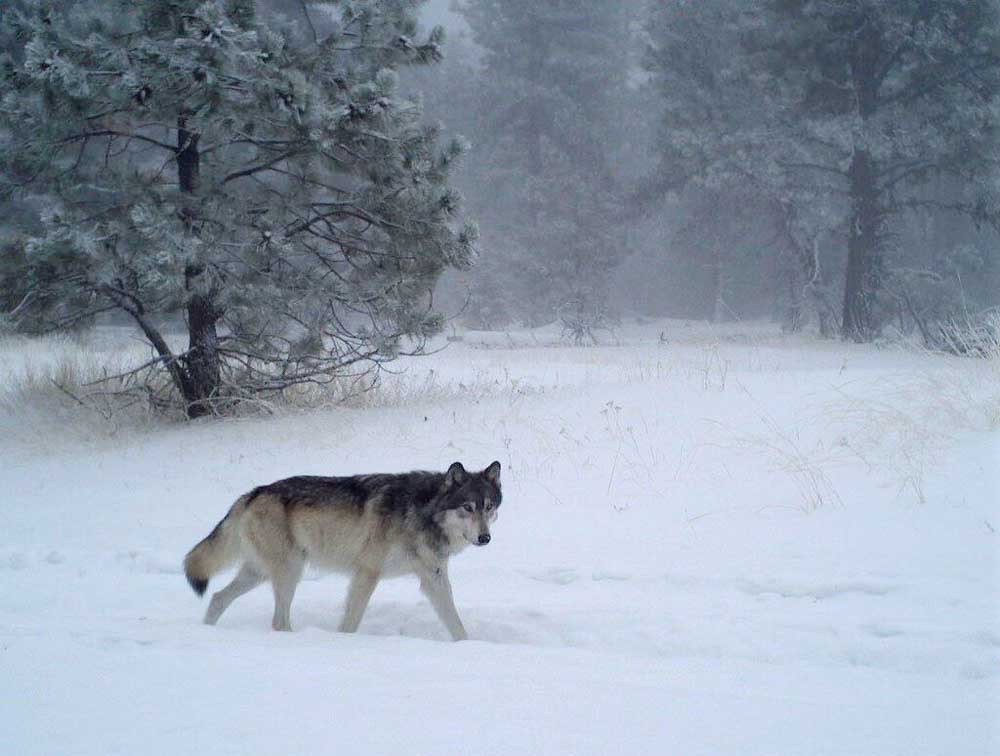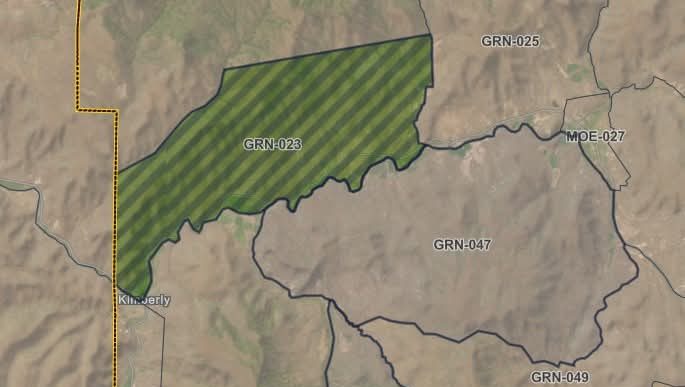Judge restores some wolves to endangered species list
Published 1:00 pm Thursday, February 10, 2022
OAKLAND, California — A federal judge restored some wolves in the Lower 48 to the endangered species list on Thursday, Feb. 10, overturning a decision by the Trump administration that was cheered by ranchers.
Trending
U.S. District Judge Jeffrey White embraced claims by wolf advocates that stripping protection was premature.
The ruling again puts wolves in Western and Central Washington, Western and Central Oregon, and California under federal protection.
The decision does not cover wolves in Eastern Washington, Eastern Oregon, Idaho or Montana. Wolves in those areas will remain off the federally protected list of species and will still be managed by state officials.
Trending
The U.S. Fish and Wildlife Service argued that wolves throughout the U.S. were no longer threatened with extinction because of robust wolf populations in the Northern Rocky Mountains and the Great Lakes.
The agency said West Coast wolves were an extension of those large and stable populations.
White, however, said the agency erred by declaring West Coast wolves are recovered based on the status of wolves in the Rockies and Great Lakes.
“For the ranching community, that’s a devastating decision,” said Douglas County rancher Veril Nelson, the Western Oregon representative on the Oregon Cattlemen’s Association wolf committee.
“The difference in being in a federally listed situation is that we can’t get rid of the wolves,” he said. “Until we’re ready to do that, we’re hung out to dry.”
The ruling undermined one of the more successful endangered species recoveries ever, said Public Lands Council Executive Director Kaitlynn Glover, who’s also director of natural resources for the National Cattlemen’s Beef Association.
“Today’s decision conflicts with the intended purpose of the act,” she said in a statement.
“It’s disappointing that environmental activism carried more weight than science in this case,” she said. “This is just another attempt by activist groups to ignore the facts and rewrite the history of gray wolf recovery in the U.S.”
Environmental groups that sued to restore protection celebrated White’s decision.
“This is a huge win for gray wolves and the many people across the country who care so deeply about them,” Collette Adkins, carnivore conservation director at the Center for Biological Diversity, said in a statement.
The Biden administration inherited the lawsuits and defended in court de-listing wolves throughout the Lower 48. At the same time, the Fish and Wildlife Service said it will review the status of wolves throughout the U.S.
The agency said increased hunting of wolves in states such as Idaho may cause it to reconsider its decision to remove federal protection.
Under federal protection, wolves that attack livestock are not subject to lethal removal. Washington and Oregon wildlife managers have used lethal control as a last resort to curb attacks on livestock.
Besides killing or injuring livestock, wolves harass livestock, causing animals to lose weight and fail to reproduce, Nelson said. Ranchers are forced to move livestock, leaving grazing land unused, he said.
“People who want the wolves don’t understand the issue of managing livestock,” Nelson said. “I think it’s too bad judges are making decisions about wildlife, instead of letting experts make the decision.”
Six of Washington’s 29 known packs in 2020 were west of the line dividing federally protected and unprotected wolves.










